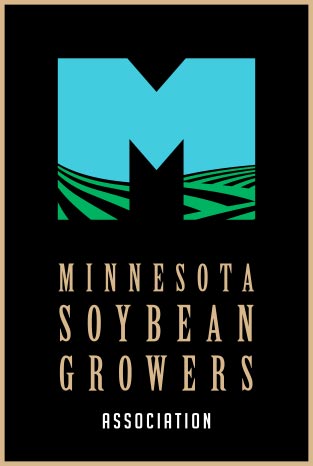MSGA joins lawsuit challenging state’s zero-emission vehicle mandate
MSGA joins lawsuit challenging state’s zero-emission vehicle mandate

The Minnesota Soybean Growers Association (MSGA) has joined the Minnesota Service Station & Convenience Store Association and NACS, Clean Fuels Development Coalition, and ICM Inc., in filing a lawsuit against the state of Minnesota for its adoption of California’s “zero-emission vehicle” mandate. MSGA is determined to ensure the concerns of Minnesota’s 27,000 soybean farmers are heard and addressed by state leaders.
“Having Minnesota blindly follow California’s rules gives up our ability to make our own decisions and would sabotage our own growers and producers of liquid fuels in the heartland,” MSGA President Bob Worth said. “Minnesota consumers know better than California politicians what is best for their own lives.”
The lawsuit, filed in the U.S. District Court for the District of Minnesota, challenges the legality of Minnesota Pollution Control Agency rules requiring that new cars, light-duty trucks and medium-duty vehicles in the state meet emission limits set by California and match California’s requirements for the sale of a certain percentage of so-called “zero-emission vehicles,” as defined by California regulators.
“Duplicating California’s mandate for one vehicle technology over others will not achieve anyone’s goals,” said Henry O. Armour, NACS president and CEO. “Some of the most significant reductions in carbon emissions from transportation have come from using more renewable fuels and more efficient internal combustion engines. Adopting California’s rules in Minnesota would stop further investments in efficient use of renewables and other liquid fuels and would result in more net carbon emissions than we would have without these misguided rules.”
The lawsuit contends that the federal Energy Policy and Conservation Act (EPCA), which creates a uniform national standard for vehicle fuel efficiency, prohibits states from adopting policies “related to” federal fuel-economy standards. EPCA says that a “State or a political subdivision of a State” cannot “adopt or enforce a law or regulation related to fuel economy standards or average fuel economy standards.”
In EPCA, Congress expressly forbade the National Highway Safety Administration from considering the fuel economy of vehicles that run on “alternative fuels” (such as electricity) in setting fuel-economy standards, according to the lawsuit. The suit also challenges Congress’s decision to grant California – and only California – special authority to adopt its own motor-vehicle emission standards different from those set by the U.S. government.
“The state shouldn’t let California tell Minnesotans what kinds of cars they can and can’t buy,” said Lance Klatt, executive director of the Minnesota Service Station & Convenience Store Association. “Politicians have a terrible track record of deciding which technology will best meet peoples’ needs, and California politicians even more so. This mandate is bad for Minnesota consumers, businesses and the state economy. Minnesota fueling stations are open to exploring all energy options through a free-market approach, including homegrown biofuels and electrification.”
This scheme, the lawsuit contends, violates the Constitution’s equal sovereignty doctrine because it grants California a greater degree of sovereignty and capacity for self-government than all other states.
In Minnesota, biodiesel is helping to grow the economy. About $1.7 billion of Minnesota’s GDP comes from the biodiesel industry and biodiesel supports nearly 5,400 jobs in the state and 65,000 jobs in the U.S. Every 100 million gallons of production supports 3,200 jobs and adds more than $1 to every bushel of soybeans.
“With profit margins being so close, if we lose our biodiesel market, it would be a serious matter for soybean farmers to face,” said Worth, who helped advocate for the passage of the original biodiesel mandate that Minnesota passed in 2002.
Aside from economic benefits, the biodiesel industry helps protect the environment – a growing concern in today’s world. Studies show that biodiesel reduces greenhouse gas emissions by more than 50% and displaces roughly 130 million gallons of petroleum diesel in Minnesota each year. Using a B20 blend in the summer and a B5 blend in the winter equates to removing the emissions from approximately 245,000 vehicles from state roads every year.
About the Minnesota Soybean Growers Association
MSGA is a nonpartisan, farmer-controlled advocacy organization established in 1962. The organization represents the interests of Minnesota’s nearly 28,000 soybean farmers. MSGA’s goal is to ensure profitable soybean farming by influencing favorable farm legislation, monitoring government policies and supporting research and market development activities.


